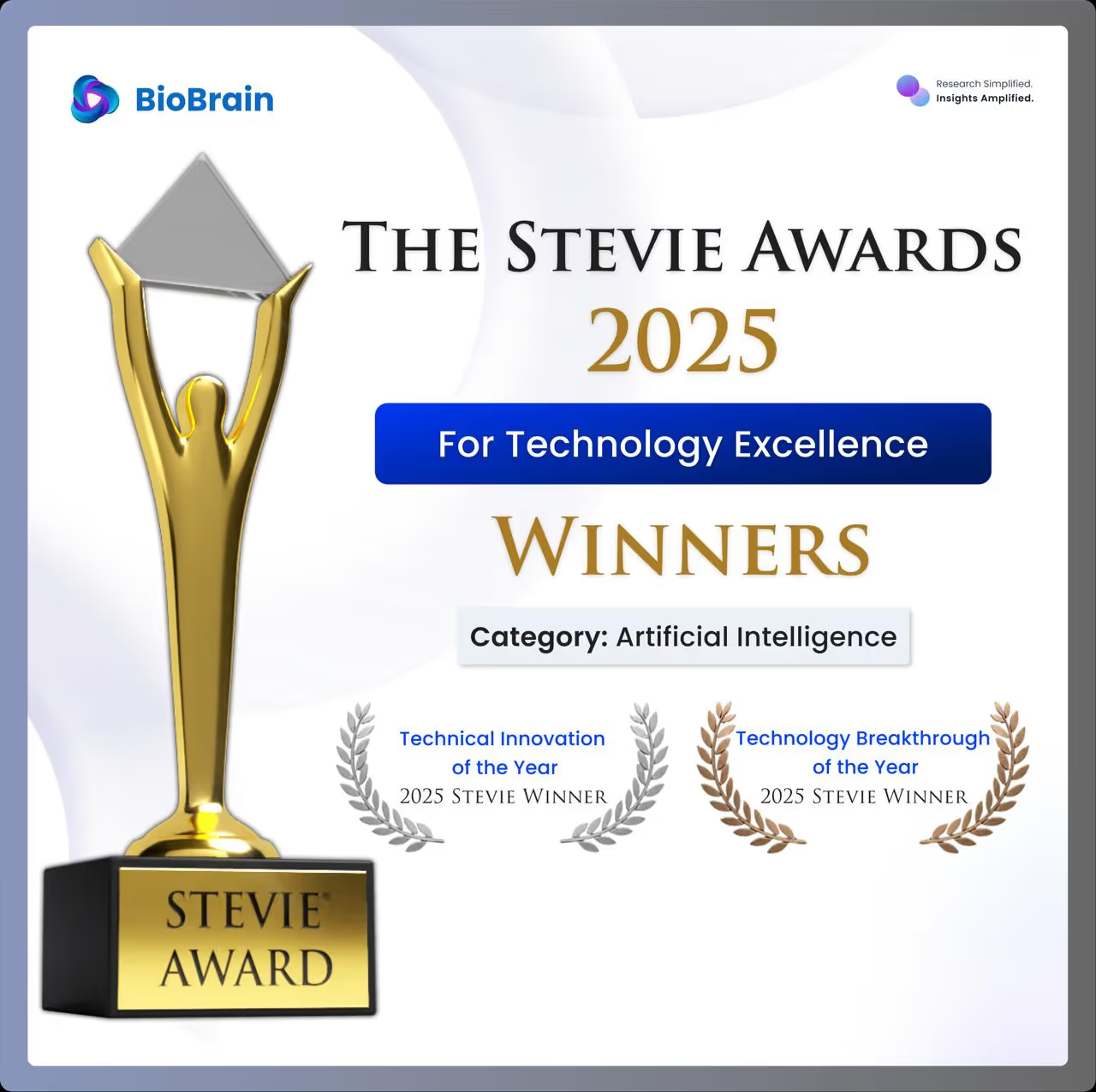In the ever-evolving landscape of market research, the Agile methodology has emerged as a transformative approach that enhances the efficiency and effectiveness of research projects. Originally developed for software development, Agile principles have been successfully adapted to the research domain, allowing teams to respond swiftly to changing conditions and evolving client needs.
By emphasizing iterative processes, rapid testing, and continuous feedback loops, Agile methodology fosters an environment where research can be conducted more dynamically and responsively. The importance of Agile Process Adoption in research cannot be overstated. As businesses increasingly rely on data-driven strategies, the need for timely and accurate insights becomes paramount.
Agile methodologies enable researchers to collect quality data rapidly, ensuring that insights derived from real-time analytics lead to trusted decisions. This adaptability not only improves the speed of research outcomes but also enhances the overall quality of insights produced, ultimately delivering a 10x impact on decision-making processes.
At the forefront of this Agile transformation is BioBrain, a platform that seamlessly integrates Agile principles into its research operations. By incorporating advanced technologies such as AI/ML and real-time data analytics, BioBrain enhances its Market Research Operations (MROps) to support Agile methodologies effectively.
The platform's ability to facilitate iterations, rapid testing, and robust feedback mechanisms empowers research teams to pivot quickly based on real-time insights. As a result, BioBrain not only streamlines the research process but also ensures that organizations can navigate the complexities of today’s market landscape with agility and precision.

Understanding Agile Methodology in Research
Agile methodology, originating from the software development sector, is defined as an iterative approach that emphasizes flexibility and continuous delivery of value.
The Agile Manifesto, created in 2001 by a group of software practitioners, outlines core values that prioritize individuals and interactions over processes and tools, working software over comprehensive documentation, customer collaboration over contract negotiation, and responding to change over following a rigid plan. This framework allows teams to navigate dynamic environments effectively, making it particularly relevant for research projects that demand adaptability and responsiveness.
In the context of research, Agile methodology has been adapted to enhance the efficiency of Market Research Operations (MROps). This adaptation emphasizes iterative processes where research is conducted in short cycles or "sprints," allowing teams to gather data, analyze results, and refine their approaches continuously. Each iteration produces tangible outputs—whether it's preliminary findings or refined survey instruments—enabling researchers to pivot quickly based on real-time insights.
Key components of Agile methodology in research include rapid testing and feedback loops. Rapid testing allows researchers to validate hypotheses swiftly, ensuring that insights are grounded in quality data. Feedback loops facilitate ongoing communication with stakeholders, fostering collaboration and ensuring that the research remains aligned with business objectives.
This agile approach not only enhances the quality of research outputs but also accelerates time-to-insight (TTI), enabling organizations to make informed decisions faster.
The significance of flexibility and responsiveness in research environments cannot be overstated. In today's fast-paced market landscape, the ability to adapt to changing consumer preferences and emerging trends is crucial.
Through this framework of Agile Process Adoption, BioBrain enhances its capabilities in data collection and sampling while maintaining a focus on delivering high-quality insights. This approach positions BioBrain as a leader in pioneering Agile MROps within the market research industry, allowing organizations to leverage real-time analytics for trusted decision-making.

Measuring Adaptability and Responsiveness
Pivot Frequency
Pivot frequency is a critical metric in Agile research projects, representing the rate at which a research team can change its direction based on new insights or data. In the context of BioBrain, pivot frequency is essential for assessing how effectively the platform allows teams to adapt their research strategies in real time.
BioBrain tracks pivot frequency through its integrated analytics capabilities, which monitor changes in research direction throughout the project lifecycle. For instance, if initial findings suggest a shift in consumer preferences, BioBrain’s automated data collection and analysis features enable researchers to quickly adjust their focus.
This agility ensures that the research remains relevant and aligned with client objectives, ultimately enhancing the quality of insights derived from the data.
Automated Reconciliation
A key feature that significantly enhances adaptability and responsiveness in BioBrain is automated reconciliation of respondents, including quota and qualification adjustments. This functionality allows research teams to efficiently manage sample integrity and ensure that they are gathering high-quality data that meets predefined criteria.
By automating the process of adjusting quotas and qualifications for respondents, BioBrain helps eliminate invalid or junk responses. This means that when researchers need to pivot based on real-time insights—such as changing demographic requirements or shifting market trends—they can do so without the delays typically associated with manual adjustments. Automated reconciliation not only streamlines project management but also increases the overall efficiency of research operations.
BioBrain’s platform embodies the principles of Agile methodology and hyperautomation, significantly enhancing research efficacy in today’s fast-paced market environment. By integrating advanced technologies such as AI and machine learning, BioBrain streamlines the entire research process—from automated survey programming to real-time data validation and analysis. This seamless integration not only reduces manual errors but also ensures high-quality data collection, allowing researchers to focus on deriving actionable insights.
The platform's capabilities, including automated reconciliation of respondents and dynamic quota adjustments, further enhance adaptability and responsiveness. By enabling rapid adjustments based on real-time insights, BioBrain empowers organizations to pivot their research strategies effectively, ensuring that they remain aligned with evolving market demands and consumer preferences.
As businesses increasingly seek to harness data-driven insights for strategic decision-making, integrating BioBrain's Agile methodologies into your research practices can lead to better outcomes. Whether you are looking to improve the speed of your data collection, enhance the quality of your insights, or streamline your research processes, BioBrain offers the tools necessary to achieve these goals.
Want to know how BioBrain can transform your market research efforts? Visit BioBrain to learn more.
Embrace the future of research with BioBrain and unlock the full potential of your data for impactful decision-making.













